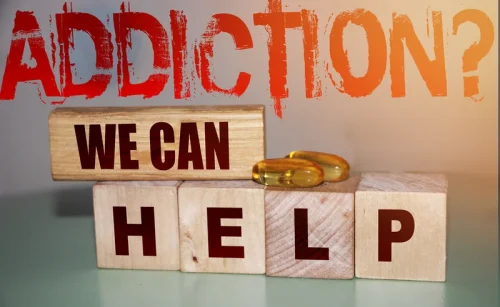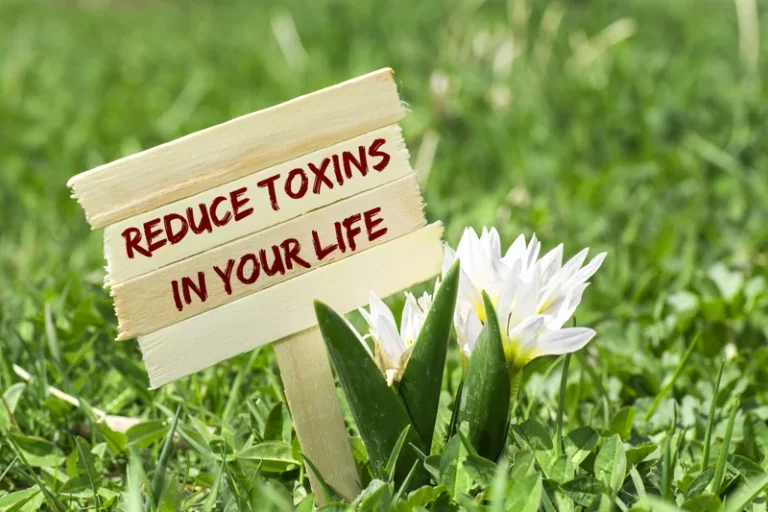
But you can certainly ensure you are as hydrated as possible before consuming alcohol. You can also drink water before you go to bed to help replenish hydration levels. However, alcohol’s dehydrating effects will be somewhat reduced in some of the “lighter” alcoholic drinks. Understanding how consuming alcohol leads to increased urination requires an understanding of ADH.
- Additionally, foods with high water content, such as fruits and vegetables, can help counteract the dehydrating effects of alcohol.
- Symptoms of dehydration in infants and toddlers may include no wet diapers, lack of tears when crying, and listlessness.
- Alcohol use can begin to take a toll on anyone’s physical and mental well-being over time.
- For example, during times of illness, your water needs are increased.
Alcohol’s physical effects on the body
Over time, drinking can also damage your frontal lobe, the part of the brain responsible for executive functions, like abstract reasoning, decision making, social behavior, and performance. Dehydration-related effects, like nausea, headache, and dizziness, might not appear for a few hours, and they can also depend on what you drink, how much you drink, and if you also drink water. Some of these effects, like a relaxed mood or lowered inhibitions, might show up quickly after just one drink.
- Dehydration occurs when there is an excessive loss of fluids from the body, leading to imbalanced body function and health issues.
- If you and your healthcare provider determine that losing weight could benefit your health, there are a few steps you can take.
- Additionally, our tap water is heavily processed and filtered, leaving most of the minerals behind.
- So in general, each shot of alcohol makes you urinate an extra 120 millilitres of urine on top of your normal urine output.
- That’s one major reason why you should never drive after drinking.
Drinking Too Much at Once
- This is partly because our soil is incredibly depleted, so our fruits and veggies don’t have the mineral content they once did.
- Alcohol is a natural diuretic that draws fluid out of your body, expelling it through your kidneys and bladder more rapidly than usual.
Dehydration caused by alcohol can also have long-term effects on the body. Chronic dehydration can lead to kidney damage, liver damage, and other health how does alcohol cause dehydration issues. It’s important to stay hydrated while consuming alcohol and to drink water before, during, and after drinking alcohol to prevent dehydration.
Stick to drinks with lower alcohol content

When you stop drinking, you might notice a range of physical, emotional, or mental health symptoms that ease as soon as you have a drink. Alcohol use can factor into mental health symptoms that closely resemble those of other mental health conditions. People who drink heavily over a long period of time are also more likely to develop pneumonia or tuberculosis than the general population. The World Health Organization (WHO) links about 8.1 percent of all tuberculosis cases worldwide to alcohol consumption.


This equates to drinking five or more drinks within 2 hours for males and four or more drinks within 2 hours for females. A person who is already at risk of dehydration from one or more of the above factors should avoid or limit alcohol consumption. Alcohol is a diuretic and therefore causes excessive urination.
Why Alcohol Causes a Hangover



Comments
There are no comments yet.